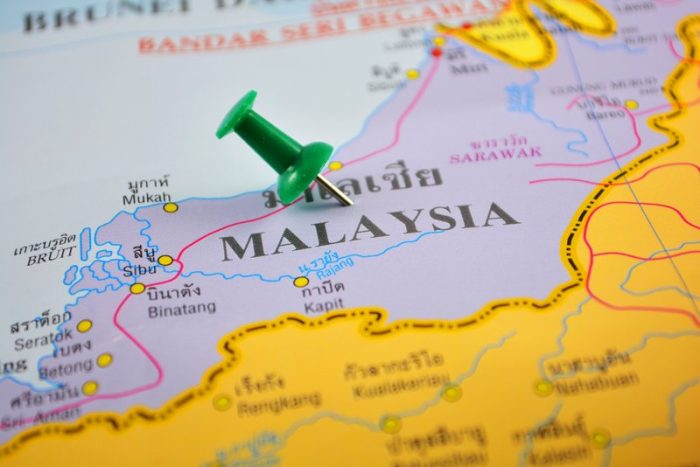
In its 2023 Sustainability Report, First Solar self-reported a finding of forced labor in its supply chain at a facility in Malaysia.
First Solar conducted three onsite third-party audits at its manufacturing facilities in the United States, Malaysia, and Vietnam, audits that are part of the Responsible Business Alliance (RBA) Validated Assessment Program (VAP). The company’s U.S. and Vietnam operations achieved the highest possible VAP rating.
“We have chosen to highlight the audit findings openly, not only because of our commitment to transparency and Responsible Solar, but to raise awareness of modern slavery risks that hide in plain sight and to illustrate the value of an independent third-party social audit conducted in a credible, comprehensive manner,” said Mark Widmar, chief executive officer, First Solar. “The solar industry will anchor the global transition to a sustainable energy future, and we believe that it must do so responsibly. Quite simply, our industry’s work to power the energy transition and enable the fight against climate change does not serve as credits to offset its social and human rights obligations.”
First Solar had avoided any allegations of forced labor upstream in its solar module supply chain because its thin-film solar modules do not rely on polysilicon. To this point, only certain metallurgical grade silicon (MGS) and polysilicon providers in the Uyghur Region have been tied to forced labor.
The audits found that “the four onsite service providers in Malaysia employed foreign migrant workers who were subjected to unethical recruitment including the payment of recruitment fees in their home countries, passport retention, and the unlawful retention of wages.”
The report notes eight findings total at the manufacturing facility in Malaysia:
- Five findings (three priority and two major) including worker-paid recruitment fees and unlawful retention of wages, passport retention for safekeeping, employment terms not communicated in native language, inadequate management system and policy, were related to our onsite service providers (janitorial and security).
- Three findings (one major and two minor) were related to working hours exceeding 60 hours per week due to voluntary overtime.
Corrective actions
To remediate the uncovered issues …
The onsite service providers have since returned all passports and unlawful wage detentions to the workers and updated their policies to prevent future fees. In addition to organizing an RBA briefing session for the onsite service providers, First Solar contracted a third-party to conduct an investigation and develop a reimbursement plan.
“We are working with our onsite service providers to ensure the recruitment fees are paid back to both current and recent workers in accordance with RBA guidelines and best practices.”
Also, First Solar scheduled a monitoring report to track weekly hours worked to ensure they do not exceed 60 hours and to ensure at least one day off in every seven days of work.
The Malaysia facility is expected to have its VAP closure audit in the fourth quarter of 2023. The purpose of proven third-party social audits like the RBA VAP social audits is “not to rubber-stamp compliance but to identify and remedy existing and potential issues to help improve the lives of workers across the supply chain.”
— Solar Builder magazine

Leave a Reply
You must be logged in to post a comment.